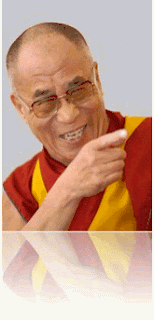The Pew Forum recently released their U.S. Religious Knowledge Survey
results concerning religious knowledge based on religious affiliation.
The poll image and the following quote are taken from from: http://pewforum.org/Other-Beliefs-and-Practices/U-S-Religious-Knowledge-Survey.aspx
Atheists and agnostics, Jews and Mormons are among the highest-scoring groups on a new survey of religious knowledge, outperforming evangelical Protestants, mainline Protestants and Catholics on questions about the core teachings, history and leading figures of major world religions.
On average, Americans correctly answer 16 of the 32 religious knowledge questions on the survey by the Pew Research Center’s Forum on Religion & Public Life. Atheists and agnostics average 20.9 correct answers. Jews and Mormons do about as well, averaging 20.5 and 20.3 correct answers, respectively. Protestants as a whole average 16 correct answers; Catholics as a whole, 14.7. Atheists and agnostics, Jews and Mormons perform better than other groups on the survey even after controlling for differing levels of education.
Atheists and agnostics, Jews and Mormons are among the highest-scoring groups on a new survey of religious knowledge, outperforming evangelical Protestants, mainline Protestants and Catholics on questions about the core teachings, history and leading figures of major world religions.
On average, Americans correctly answer 16 of the 32 religious knowledge questions on the survey by the Pew Research Center’s Forum on Religion & Public Life. Atheists and agnostics average 20.9 correct answers. Jews and Mormons do about as well, averaging 20.5 and 20.3 correct answers, respectively. Protestants as a whole average 16 correct answers; Catholics as a whole, 14.7. Atheists and agnostics, Jews and Mormons perform better than other groups on the survey even after controlling for differing levels of education.
How do you match up? Their sample quiz is available Here





